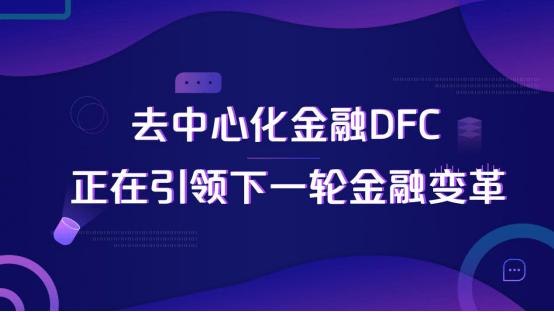摘要:本文分析了去中心化金融项目的背景、数据集成、技术特点、设计、实施等方面,并探讨了所面临的挑战和策略。文章指出,随着区块链技术的发展,去中心化金融正在成为一个热门领域。文章详细分析了项目背景,包括市场需求和潜在机遇;数据集成方面,强调了数据安全和隐私保护的重要性;技术特点上,重点介绍了智能合约和分布式账本技术的应用;设计实施阶段,讨论了技术实现和团队协作的重要性;文章还探讨了去中心化金融面临的挑战,如技术难题、监管问题等,并提出了相应的应对策略。
Abstract:
This article presents an analysis of decentralized finance (DeFi) focusing on project background, the importance of data integration, technical features, data integration design, implementation effects, challenges faced, and strategies to overcome them. The article highlights the role of data analysis and technology in driving digital transformation in the financial industry.
I. Project Background
Decentralized finance is a new trend in the financial industry driven by blockchain technology and smart contracts. It aims to create a more transparent, efficient, and accessible financial system by removing intermediaries and enabling direct peer-to-peer value exchange. The project background is rooted in the need for financial innovation and the pursuit of cost reduction, transparency, and security.
II. Importance of Data Integration
Data integration is crucial in decentralized finance for several reasons. Firstly, it enables the aggregation of vast amounts of financial data from multiple sources, enabling comprehensive analysis and decision-making. Secondly, data integration facilitates the development of new financial products and services tailored to specific needs. Lastly, it helps in risk management by providing insights into market trends and patterns.
III. Technical Features
Decentralized finance leverages blockchain technology and smart contracts, which offer several technical features. These include immutability, distributed consensus, and smart contract execution. Immutability ensures that once data is recorded on the blockchain, it cannot be altered or deleted. Distributed consensus ensures that multiple parties can reach an agreement without a central authority. Smart contract execution automates the execution of financial agreements with predefined conditions.
IV. Data Integration Design
The design of data integration in decentralized finance involves several components. These include data sources, data aggregation protocols, and data analysis tools. Data sources may include on-chain data from blockchain transactions and off-chain data from traditional financial systems. Data aggregation protocols ensure the efficient collection and storage of data while maintaining data integrity and security. Data analysis tools process the aggregated data to generate insights for decision-making.
V. Implementation Effects
The implementation of decentralized finance has resulted in several positive effects. Firstly, it has increased transparency and efficiency in financial transactions by reducing intermediaries and enabling direct peer-to-peer value exchange. Secondly, it has led to the development of innovative financial products and services tailored to specific needs. Lastly, it has improved risk management by providing real-time insights into market trends and patterns.
VI. Challenges and Strategies
Despite the numerous benefits, decentralized finance faces several challenges. One of the main challenges is the integration of legacy systems with decentralized finance infrastructure. To overcome this challenge, it is essential to adopt a phased approach that gradually integrates legacy systems with new technologies. Another challenge is the lack of regulation in some aspects of decentralized finance, which can lead to risks such as fraud and hacking. To mitigate these risks, it is crucial to establish robust regulatory frameworks that balance innovation and security.
VII. Conclusion
In conclusion, decentralized finance represents a significant transformation in the financial industry driven by blockchain technology and smart contracts. Data integration is crucial in this transformation as it enables comprehensive analysis and decision-making, the development of new financial products and services, and risk management insights. Despite the challenges faced, such as integrating legacy systems and establishing robust regulation, decentralized finance has enormous potential to revolutionize the financial industry by providing transparent, efficient, and accessible financial services to a broader range of users.
The role of data analysis and technology in driving digital transformation in the financial industry cannot be overstated. As decentralized finance continues to evolve, it is crucial to leverage data integration and advanced technologies to achieve sustainable growth and address the challenges faced.




 京公网安备11000000000001号
京公网安备11000000000001号 京ICP备11000001号
京ICP备11000001号